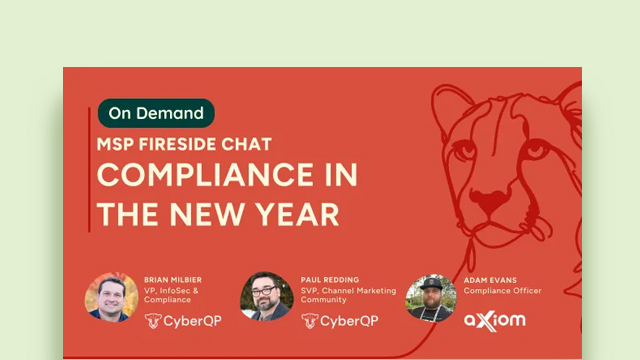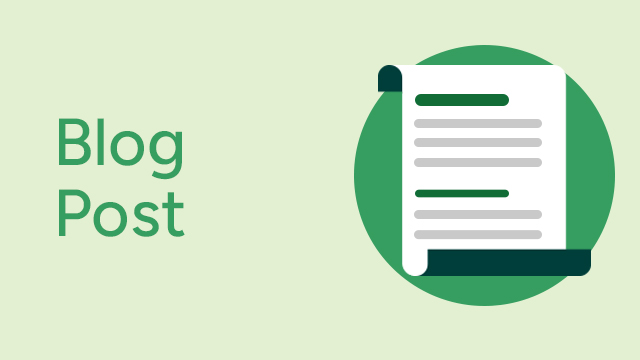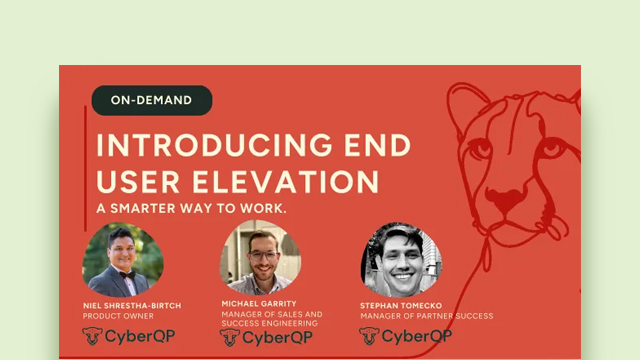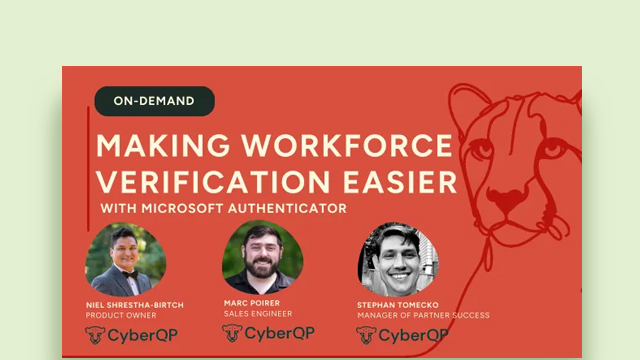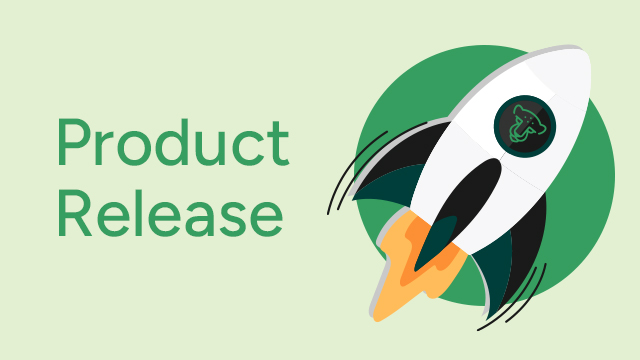
Feature Update: Introducing Granular SSO Controls
Welcome back to CyberQP’s first Product Update of the year! Our Engineering teams have been hard at work across the holiday season, completing 39 platform and feature enhancements since our last update. This includes several updates to enhance partner security and address bugs.
We’ll be recapping these updates and recognize some of the partners that contributed to these enhancements for the whole CyberQP community.
Support Co-Managed IT and Temporary Staff with SSO Enforcement & Exemptions
As a cybersecurity company, we’ve always taken our partner security seriously.
Our Product and InfoSec teams follow a secure software development lifecycle and partner on penetration tests on major releases. We’ve also supported SSO logins to the CyberQP console since the company’s early days (and introduced mandatory MFA for non SSO-integrated clients).
But we’ve always known that security doesn’t have a “one-size-fits-all” solution. We had partners come to us because they were dealing with M&A, using third-party help desk services, or even offering co-managed IT, saying “I get that SSO is important, but I need to get some folks into CyberQP without constantly adding and removing them from my SSO directory.”
We heard you (yes, all 103 of you!) and that’s why we’re excited to announce that you can now support those co-managed contacts and third-party helpdesk techs with CyberQP – you’ll be able to provision an SSO exemption so they can choose to log in with a username, password, and MFA instead.
Securing Access to Your Team’s Admin Accounts
We’re proud to be offering the SSO enforcement experience our partners need to secure the keys to our partners’ kingdoms – their admin privileges. Our mission is to offer MSPs security with the flexibility they need to stay efficient. With this release, we believe we’ve made a massive step forward in making it easy to provision and manage privileged access, while still helping our partners save time from manually maintaining and monitoring this access themselves.
If you’re ready to get started, you can access setup instructions (and learn about some of the other steps we’re taking to secure your CyberQP deployment) at the CyberQP Knowledge Base.

